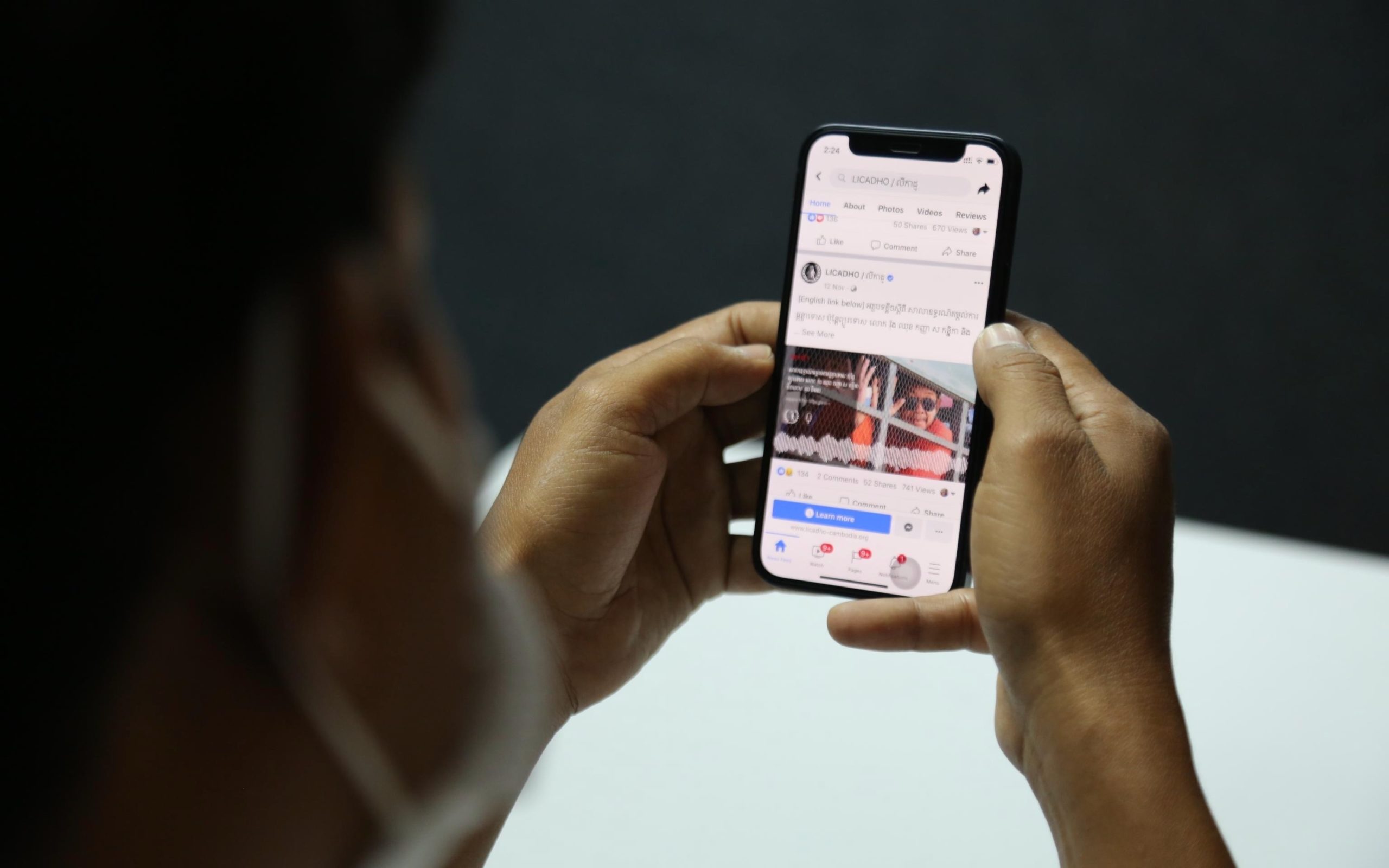The Telecom Ministry confirmed this afternoon the controversial National Internet Gateway, expected to come online Wednesday, has been postponed because of the Covid-19 pandemic and potential disruptions to online traffic.
The government released a sub-decree establishing the gateway on February 16, 2020, and said it would be implemented in 12 months. Telecommunications Ministry spokesperson Meas Po said Tuesday the gateway had been delayed due to the Covid-19 pandemic, also alluding to the technical difficulty in implementing such a system.
“Because it is an activity whenever we implement it, we have to prepare to install and order equipment in order to prepare and create the gateway. And we have to give licenses to any company that the government understands that has the ability to create the gateway. That’s why it can affect the traffic,” Po said.
He did not answer questions on how long the gateway was delayed and denied the delay had anything to do with pushback from local and international rights groups.
The gateway will license operators to manage online traffic with the purported aim of national security, ensuring social order and protecting “culture and national traditions.” The government has defended the regulation, saying it will help regulate e-commerce activity, strengthen tax collection, stop online scams and gambling.
Rights groups disagree. They say the gateway can be used to further tighten control over online speech, right to privacy and restrict competition among ISPs. Furthermore, they criticized vaguely worded articles in the decree, clauses that force gateway operators to work with the Telecom Ministry and regulators to “censor and disconnect any network connections.”
A statement by three U.N. rapporteurs earlier this month called the sub-decree “repressive” and criticized the directive’s powers to collect and maintain metadata from people’s online activity.
“To legally justify such a sweeping infringement on personal freedoms requires compliance with strict tests of legality, necessity and proportionality, including for matters of national security or public morality,” the experts said. “It is exceedingly hard to imagine how any such legal justification may apply in this case.”












